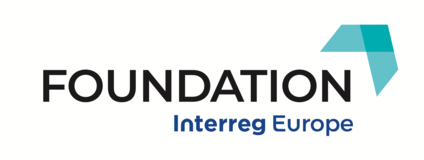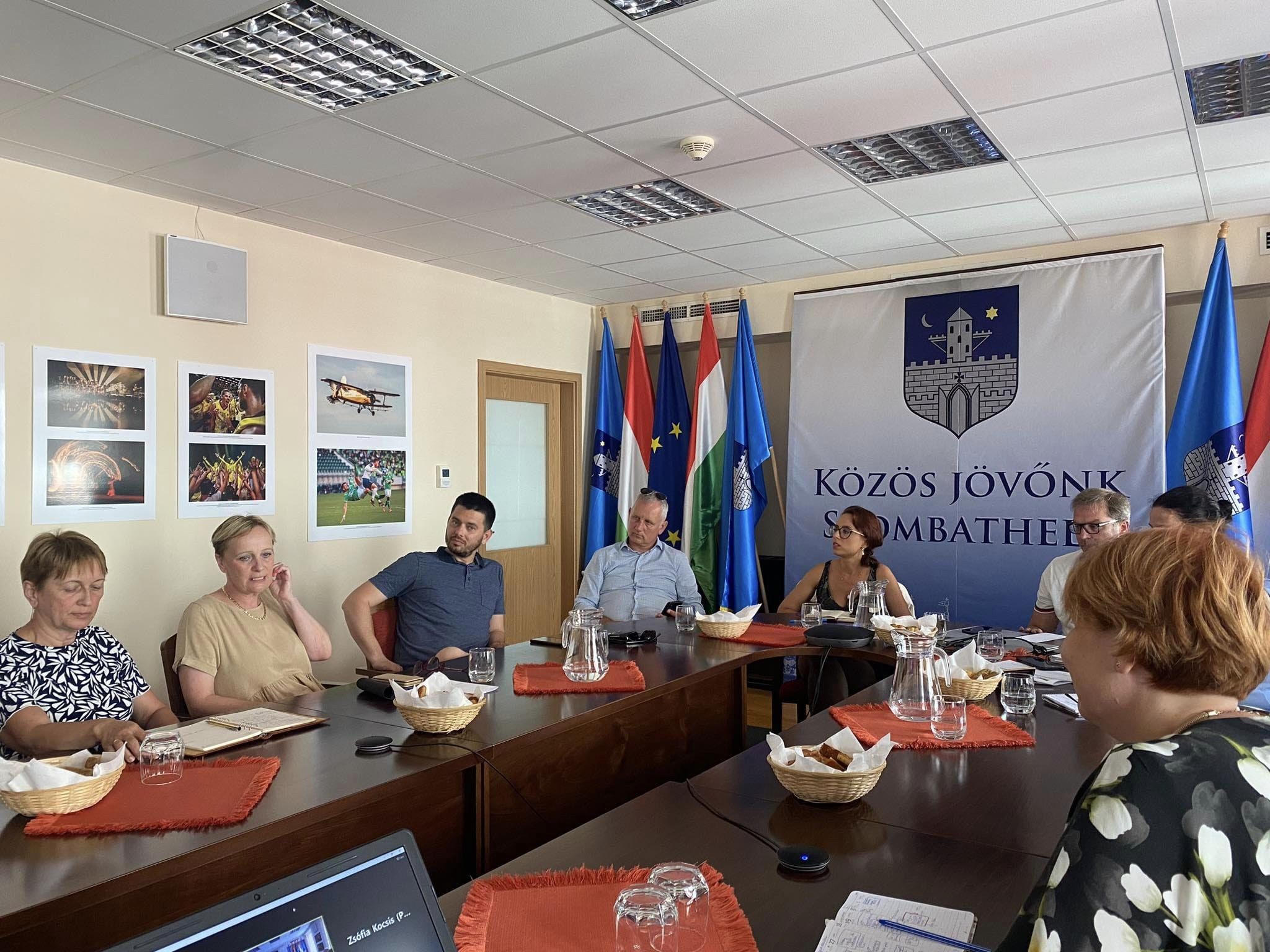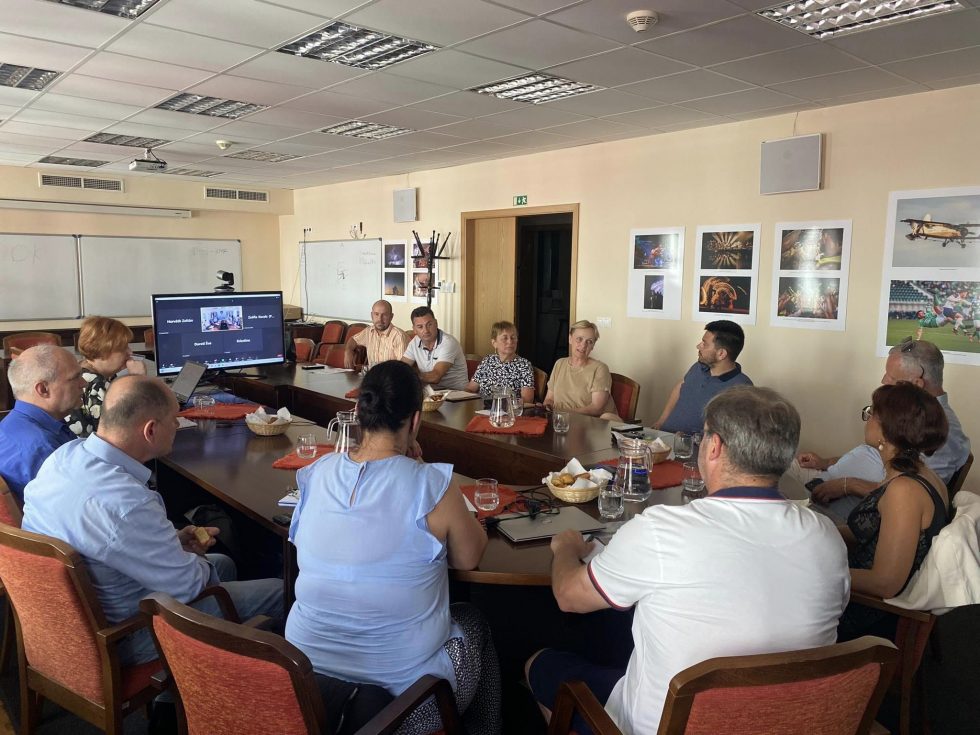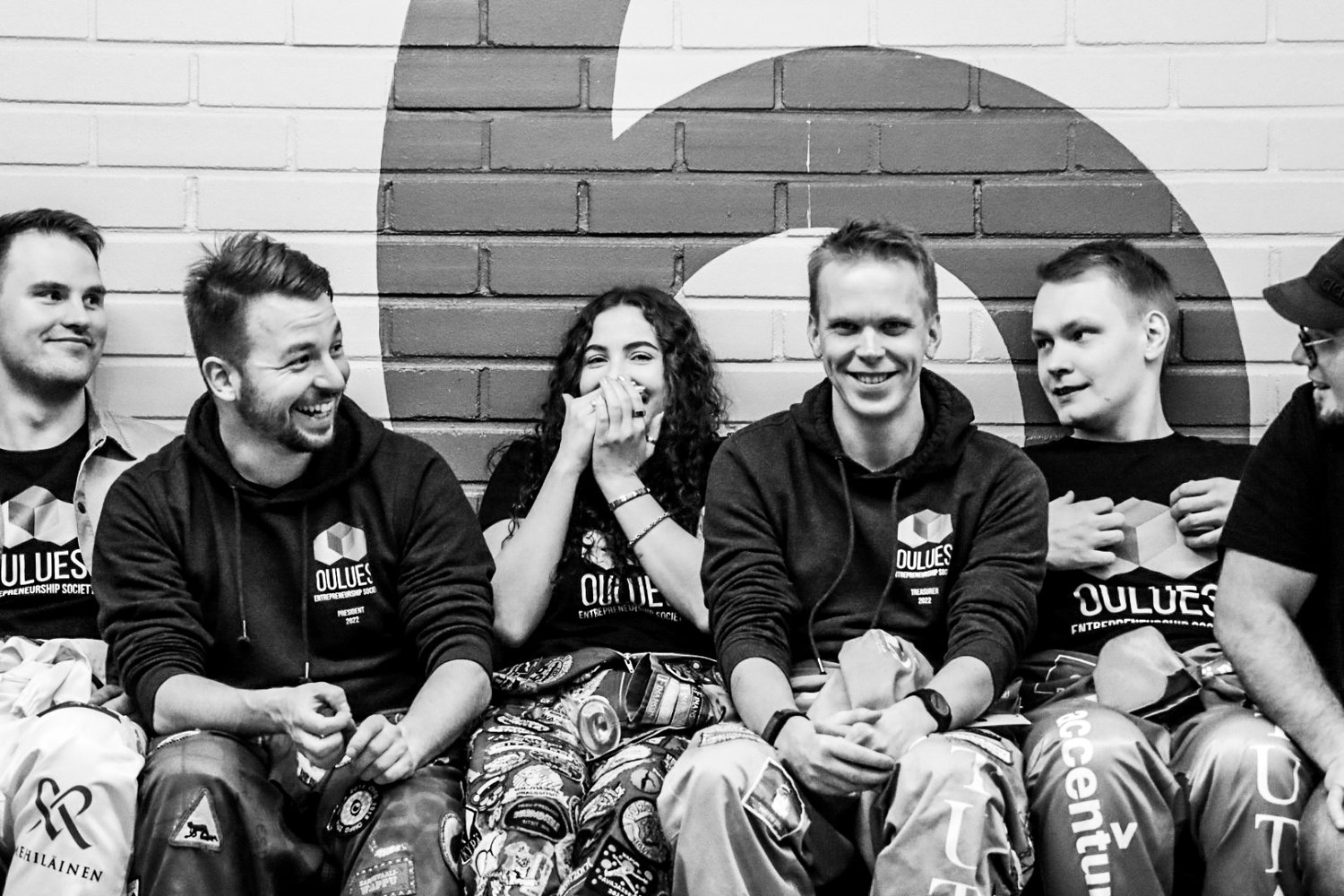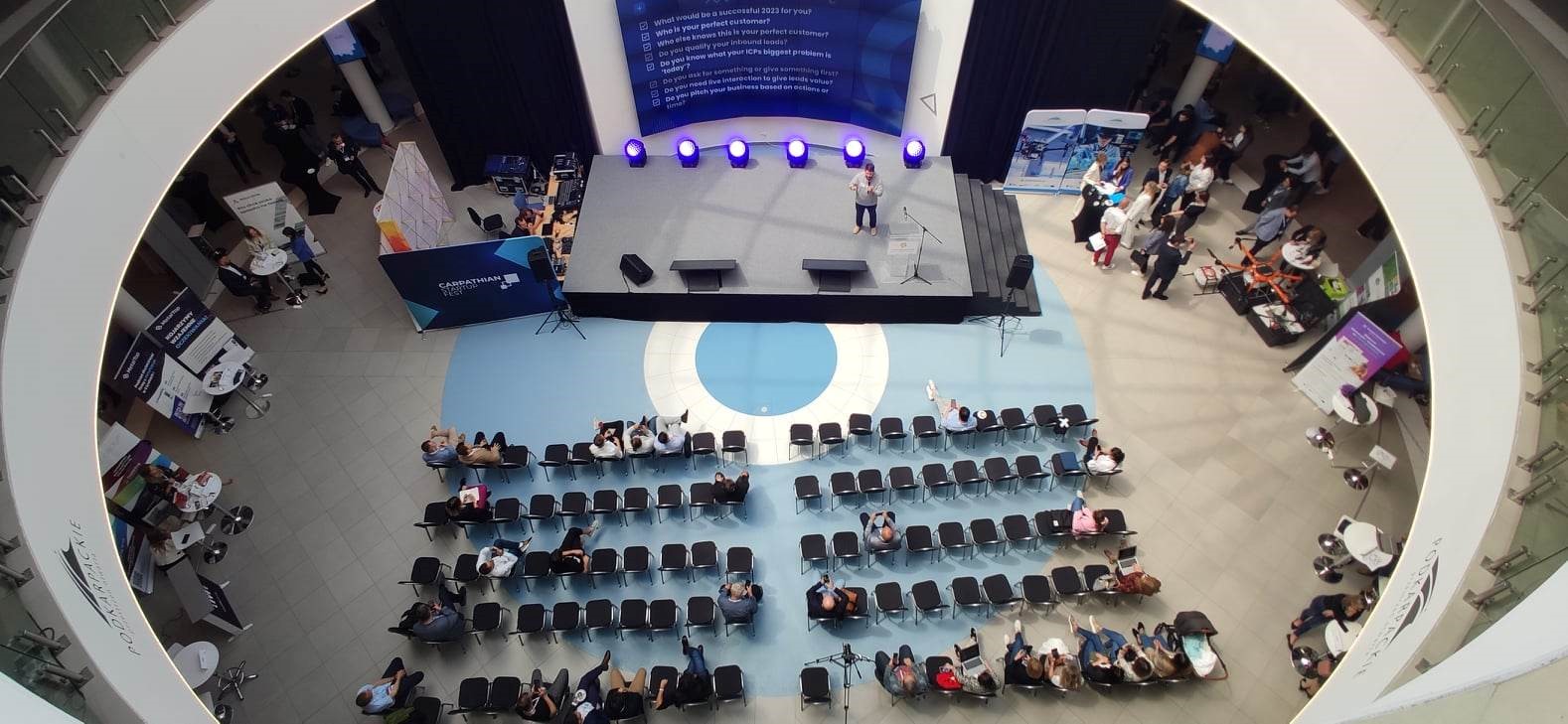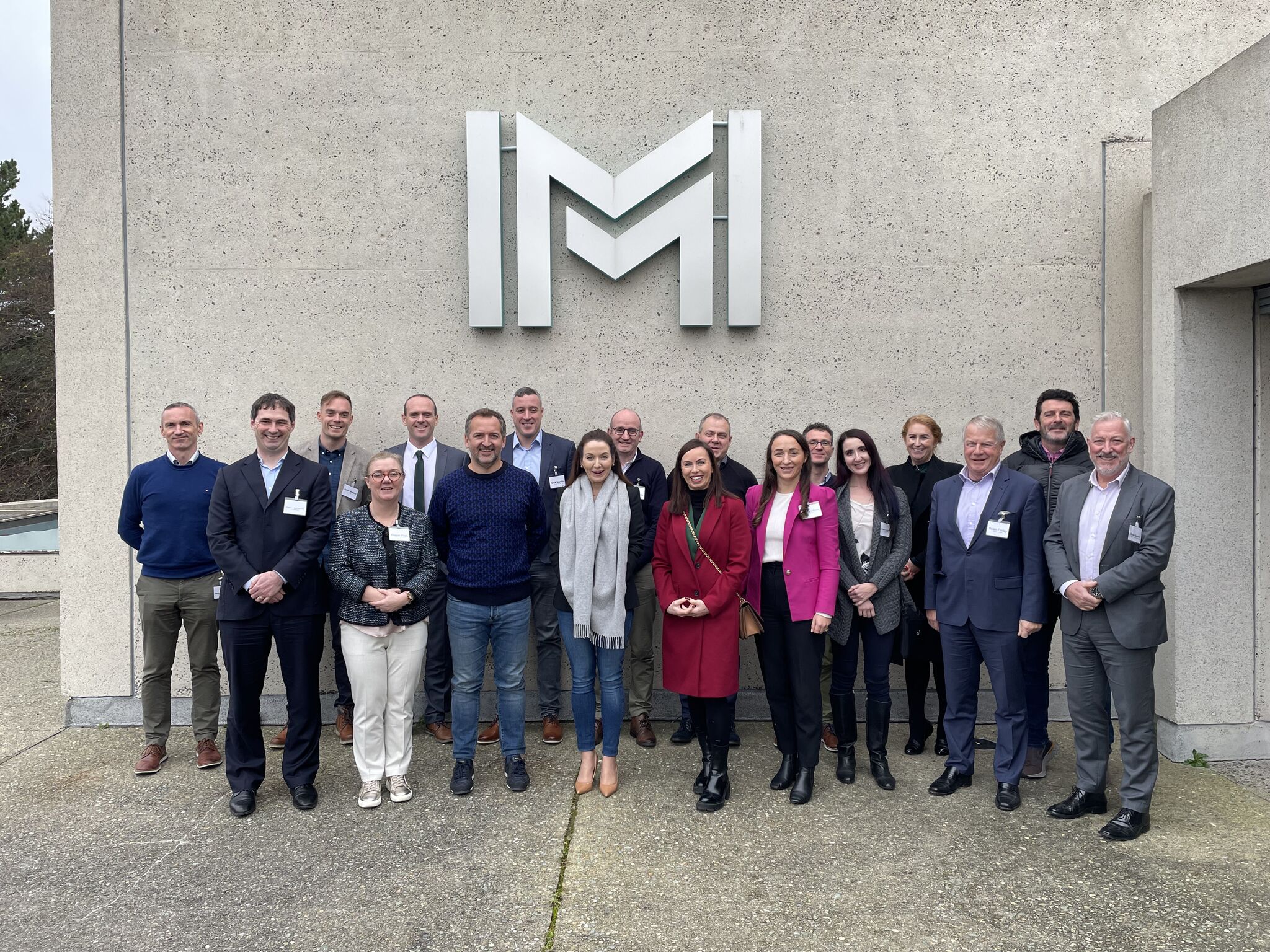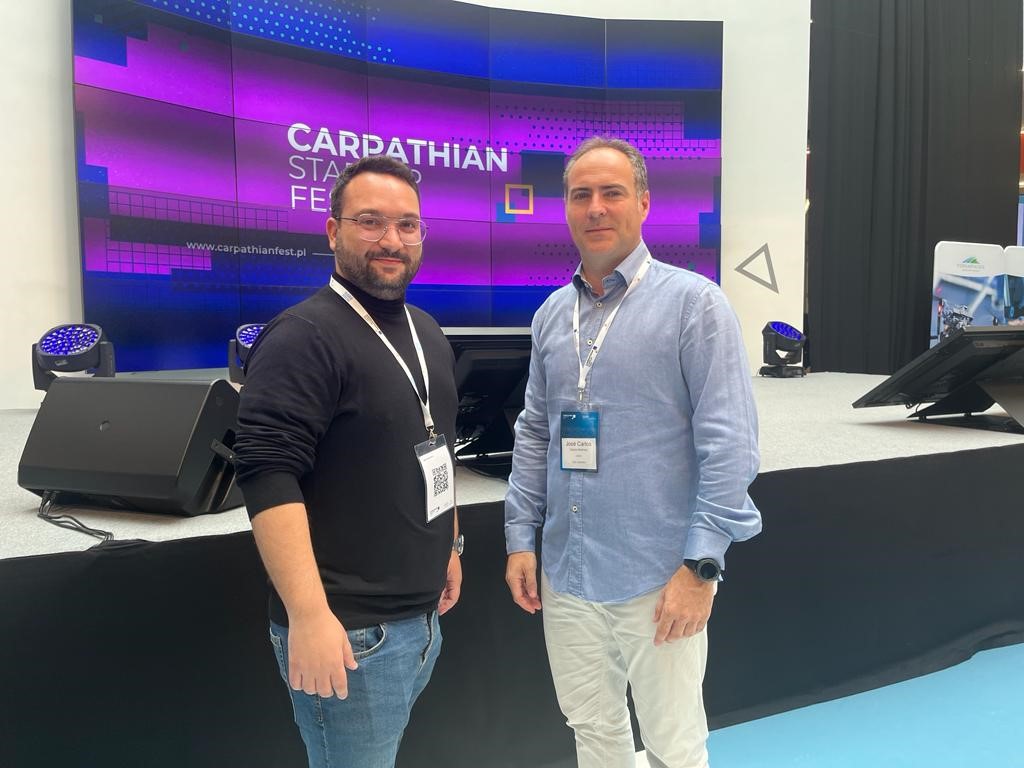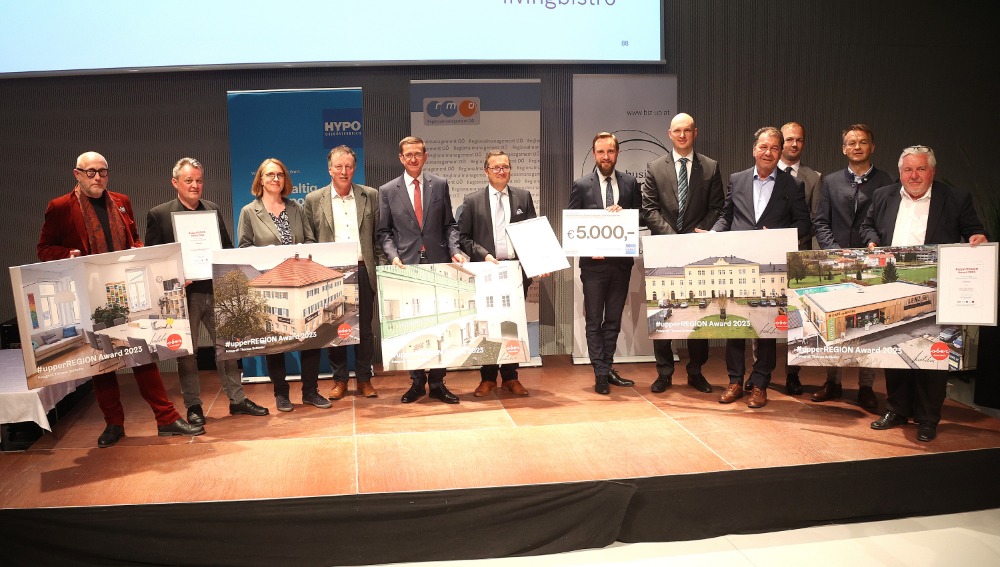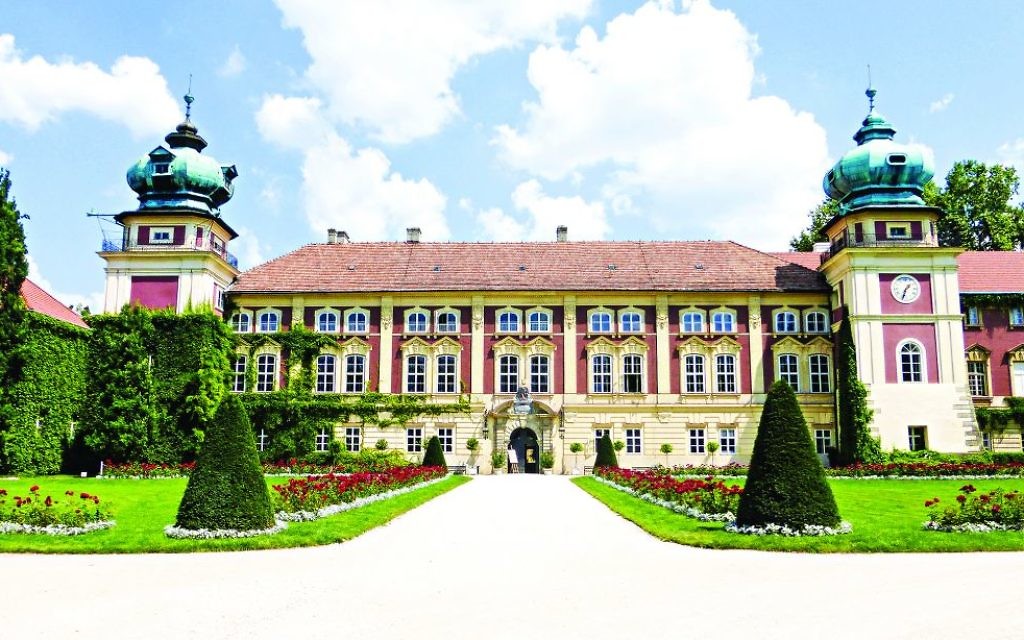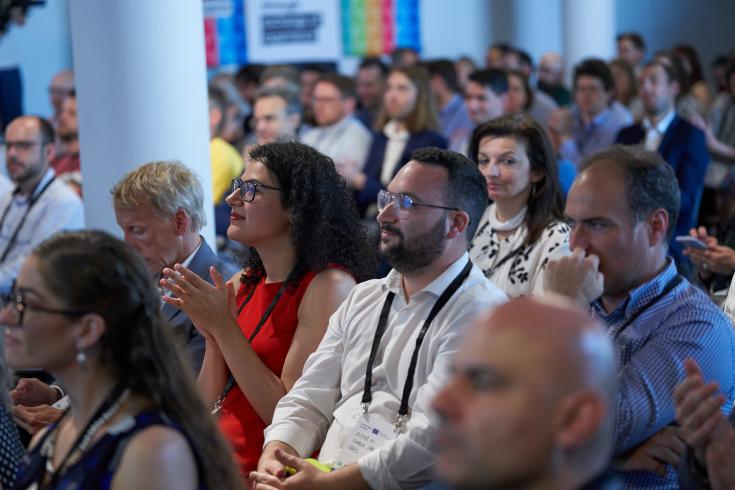The aim of ITS Maker is to provide competencies to a highly industrialized territory with an evolving need for specialised professional skills.
The mechatronic sector of Reggio Emilia is extremely varied in terms of company dimensions and core business. Large, global enterprises work side by side with smaller companies rooted in the territory and very small, but innovation-oriented, businesses. The term ‘mechatronic’ itself, moreover, exemplifies the wide range of products, which span from mechanical components, motors, semi-finished products, hydraulic systems, etc. to IT, robots and automation.
In this context, the mismatch between the choice of the educational path and expected career outcomes may become very wide, as secondary-school graduates are often unaware of the wide range of professional profiles that manufacturing companies need; the mismatch between labour offer and demand, in other words, is frequently caused by these opportunities remaining unnoticed.
That is why ITS Maker offers an educational model that puts students in contact with the evolving world of the job market by keeping a tight connection to and integration with the territory and its manufacturing excellence.
The ITS MAKER Foundation was established in 2013 by merging the three ITS Foundations of Bologna, Modena and Reggio Emilia.
As far as the Reggio Emilia headquarters are concerned, Mechatronics course was opened in 2011, Industrial Processes course in 2018, whereas a new course in Digital Automation is expected to open in 2021.
The two-year courses are free of charge, with the exception of a small admission fee.
The Board of Directors is the body that provides the essential direction of the Foundation and sets its goals. The Executive Board leads and monitors projects. All the members of the boards belong to partner companies and institutions.
The ITS MAKER Foundation has the mission of promoting and spreading technical & scientific expertise with the primary objective of ensuring the formation of highly specialized jobs in order to meet the employment demand from strategic sectors of the economy. The main office is in Bologna, but the Foundation operates at a local level in six branch offices: Bologna, Modena, Reggio Emilia, Fornovo di Taro (Parma), Forlì and Rimini.
The Foundation is organised on the basis of a three-year plan with the following goals:
• encouraging young people to approach technical jobs;
• acknowledging the training needs for the economic development of the territory, starting from the scientific, technological & organizational innovation of companies;
• designing and implementing advanced technical courses relevant to national professional requirements;
• accompanying graduates to employment at the end of the course;
• updating activities for teachers and trainers in the scientific & technical-professional areas involved;
• designing any other activity that complies with the regional planning guidelines concerning advanced technical specialization.
These goals are reached thanks to the joint participation of partner companies in
• analysing professional needs;
• co-designing courses, training and teaching activities;
• co-designing internships;
• co-delivering teaching and training activities;
• the final assessment (exams and employment outcome);
• updating course planning and design on a regular basis.
The main outcomes are the following:
• Students graduated in the period 2011-2020: approximately 210
• Employment rate: 95% (in line with professional profile: 90%)
• The scores attributed by Indire to the Mechatronics courses
• On the basis of the scores further funding was granted
• Average position of Reggio Emilia courses in the national ITS ranking: within top 16% of the offer nationwide
• Best performance: 5th out of 113 (2016); Mechatronic systems course ranked 3rd among ITS courses nationwide

Most ex-students are employed in local companies where they are experiencing significant professional growth.
The direct beneficiaries are:
• the students' acquired competencies and employment opportunities;
• companies, which can rely on skilled staff who meets their requirements and are able to support and foster innovation;
• local area, in terms of employment, qualified labour, economic development, networking among institutions & enterprises.
The indirect beneficiary is the education system, which is able to offer high-quality teaching and training.
ITS Maker has developed good practice that is grounded on competency system networks, involved in terms of:
• developing curricula in cooperation with educational institutions;
• sharing teaching, laboratories and premises;
• participating in regional and national networks operating in the same/similar areas;
• Erasmus+ exchanges and staff mobility;
• collaborating with governmental institutions and local associations to define educational policies.
